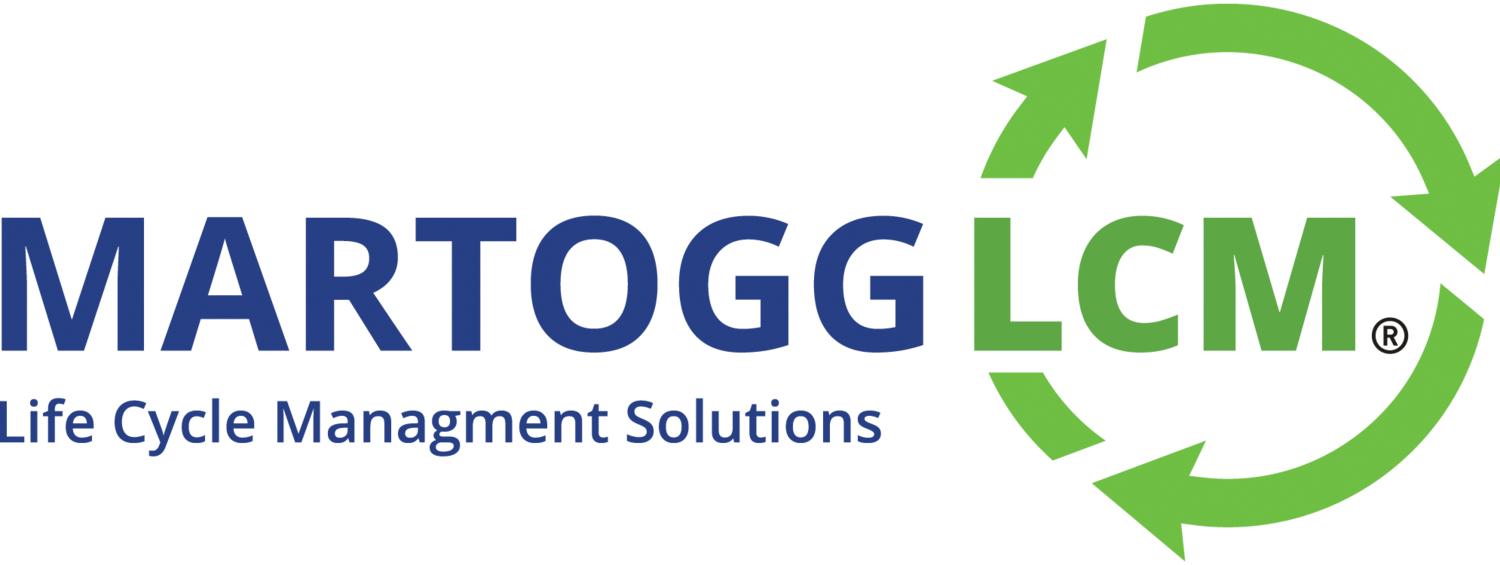Plastic Recycling – The Challenges And Opportunities
If there was a specific instance where the whole scene of mass production changed, it would arguably be the time when plastic was made. The idea of having a product withstand the test of time without having problems of degrading was the future most people thought of. However, the very reason for what makes it so special wasn’t taken into consideration, and now humanity’s paying dearly for it.
Plastic is undeniably one of the most useful resources readily-made available in today’s society. From the moment you do your groceries up to the moment you drink from a water bottle, plastic is everywhere. Its rampant use, which heavily outweighs its disposal procedures, gives way to one of the biggest problems present.
The biggest problem with plastic is its disposal since it roughly takes 500 years to decompose into landfills. But if the problem is inherently found in the disposal part of these resources, then what if there was a step that could entirely go around it? This is where recycling comes in and how it opens up a newer world filled with opportunities.
Behind the Problem and the Possibilities
Currently, everything related to plastic, from its production and poor disposal methods, contributes a significant amount to multiple countries’ carbon dioxide emissions. Also, in one recent study, about 4% of world oil production goes into the making of plastics. This is just one of the main factors that highlight the problems revolving around this material, and unfortunately, it gets longer. Furthermore, the key players in this major problem are actually big retail brands and the consumers themselves.
The challenges
While it is easy to say on paper that the best solution to reducing plastic pollution is simply recycling it, its practicality quite hard. According to the previously mentioned study, most plastic pollution isn’t only generated in the daily use of plastic wrappers and bottles but also something bigger. In one of the study’s tables, it’s evident that building and construction come at a solid 3rd spot for the biggest waste arising percentile of 10%.
In the year 2000 alone, the UK, as reported by Waste Watch 2003, generated about 4,450,000 kilograms of usage, with 2,820,000 kilograms of it being wasted. These statistics just show that in order to combat these problems, both producers and consumers must help each other. It’s worth pointing out in the article that retailer brands greatly affect the amount of plastic pollution and a good number of consumers eat their products up. It would be a healthier option if both sides simply coincided.
The opportunities
As concerning the numbers may be, it’s reassuring that measures have been taken to start mitigating the problems. For one, landfill management, incineration, and downgauging have been notable fields of improvement when it came to plastic management. Each of these fields has its own innovations within them too. For example, in landfills, a system of collection and sorting has been explored to make recycling more efficient.
In the case of incineration, countries such as Japan, Denmark, and Sweden have taken recycling to a whole new level using the energy from the incinerator as electricity. Lastly, for downgauging, since the packaging was the primary source of plastic waste according to the Waste Watch 2003, significantly reducing packaging used reduces the waste volume. These are actually ground-breaking innovations that may simply kickstart a new era of humanity’s first steps into achieving a cleaner society.
So there it is..
Although the problem of plastic management is intimidating, humanity has never backed down from issues of this scale. Time and time again, society has proven that great minds and collective help of self-preservation can solve anything with enough time and effort. Innovations in recycling greatly contributed to mitigating the big problems, and it looks like it will stay that way for future generations to come. One day, with enough effort and time, plastic waste and pollution may be a thing of the past.

